#17Diapers: When the Messiness of Motherhood Becomes a Movement
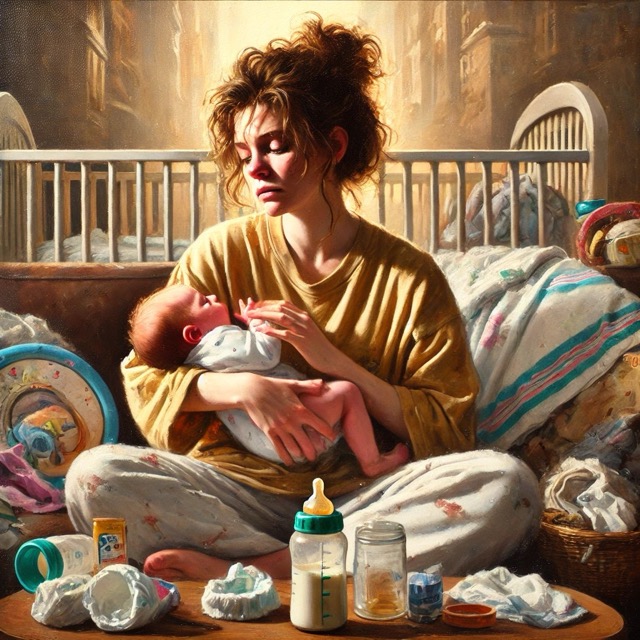
In today’s digital age, social media has a unique way of bringing hidden truths to the surface. One recent viral trend—#17Diapers on TikTok—has done just that, providing a raw, unfiltered glimpse into the realities of motherhood that many moms often feel forced to hide. The trend started with a simple yet poignant video from TikTok user @nursehannahbh, who posted about the 17 used diapers she had lying around the house. Her post, a cry for understanding during the chaotic early days of newborn life surprisingly ignited a wave of judgment and criticism from other moms and women.
However, out of this negativity came an unexpected but beautiful wave of solidarity. Mothers began sharing their own experiences under the hashtag #17Diapers, starting their videos with “My 17 diapers was…” and recounting their own struggles—ranging from postpartum depression, sleep deprivation, and lack of help from partners, to the overwhelming demands of caring for a newborn. This trend has blossomed into a powerful movement where women are lifting the veil on the perfect-mom myth and embracing the truth that being a mother is often messy, exhausting, and deeply challenging.
The rise of #17Diapers exposes something critically important: the need to normalize the struggles of motherhood. It serves as a stark reminder that behind every diaper change, sleepless night, and tearful baby lies a mother who is likely overwhelmed and in need of support. The trend not only connects mothers with one another, but it also sparks larger conversations about the societal expectations of motherhood, the lack of institutional support for parents, and the importance of mental health during this life-altering phase.
The Origin of #17Diapers: From Judgment to Community
The hashtag started when @nursehannahbh posted a video showing 17 used diapers scattered around her home. In the midst of caring for her newborn, she simply hadn’t had time to tidy up. Instead of receiving understanding or empathy, her post was met with a barrage of criticism. Commenters accused her of being unfit, irresponsible, and lazy, a harsh reflection of the unrealistic and unforgiving standards that society often places on mothers.
But what happened next was revolutionary. Other mothers, inspired by the vulnerability in her video, began sharing their own stories. They posted videos under the #17Diapers hashtag, starting with variations of the phrase “My 17 diapers was…” and opening up about their own unique, yet shared, struggles. For some, their “17 diapers” were the nights they cried in the shower because their partner wasn’t supportive. For others, it was the overwhelming fog of postpartum depression. For many, it was the sheer exhaustion of being the sole caretaker of their child, while also managing the expectations of being the perfect wife, worker, and friend.
This trend became a lifeline to mothers who were tired of feeling isolated, alone, and judged. They realized they weren’t failing; they were simply human.
The Unseen Struggles of Motherhood: Postpartum Realities
One of the recurring themes in the #17Diapers videos is the silent burden of postpartum struggles. Mothers opened up about postpartum depression (PPD), a condition that affects 1 in 7 women, yet remains under-discussed in mainstream media. PPD is characterized by intense feelings of sadness, anxiety, and exhaustion, which can make it difficult for mothers to bond with their newborns and cope with daily tasks.
Despite how common PPD is, many mothers suffer in silence. They fear the stigma that comes with admitting they aren’t “enjoying every moment” of motherhood, as they are so often told they should. The #17Diapers movement gives these mothers permission to be honest about the darker sides of postpartum life. It normalizes feelings of sadness, frustration, and even anger, reminding moms that it’s okay to seek help and that they aren’t alone in their struggles.
Another common issue that surfaced through the trend is the lack of support from partners, particularly fathers. Many mothers shared how they were left to handle the majority of the childcare responsibilities on their own, often while recovering from childbirth themselves. The frustration of being emotionally and physically drained, while feeling unsupported by the one person who should be sharing the load, was a painful reality for many. These confessions revealed that although society is becoming more progressive in terms of gender roles, many mothers still feel the overwhelming burden of traditional expectations.
The Perfect Mother Myth: A Pressure Cooker of Expectations
The criticism that @nursehannahbh faced after her initial video is not surprising in the context of modern motherhood. Mothers are often expected to be everything to everyone—nurturing, selfless, organized, and perfect. Social media, while a place of connection, often amplifies these impossible standards, with countless images of picture-perfect families, spotless homes, and joyful, unblemished parenting experiences.
This pressure cooker of expectations leads many mothers to believe that any sign of struggle equates to failure. The #17Diapers trend is pushing back against that notion, offering a space for moms to say, “I’m not perfect, and that’s okay.” This collective release of pressure has been a relief for countless women who are exhausted from the performance of perfection.
What’s especially powerful about this movement is its focus on normalizing the messiness of motherhood—not just in the literal sense, but in the emotional and psychological sense as well. The diapers in the videos symbolize much more than dirty baby waste; they represent the countless unspoken battles mothers face daily, from anxiety and exhaustion to the fear of not being enough.
Breaking the Isolation: Why We Need to Share Our Struggles
Motherhood is often an isolating experience, even in today’s connected world. The early postpartum period, in particular, can leave mothers feeling as though they’ve lost their sense of self, trapped in a cycle of endless care for a newborn. The #17Diapers videos highlight a truth that society has long swept under the rug: mothers need support.
Many women have shared that watching these TikToks made them feel less alone in their own struggles. They’ve realized that the exhaustion, the depression, the anger, and the fear they’re feeling are not unique to them but are shared by so many others. This sense of shared experience is vital, as studies show that social support is one of the key factors in preventing and alleviating postpartum depression.
When we talk openly about the struggles of motherhood, we create a space for mothers to feel seen, heard, and validated. And when we share these struggles on public platforms, we help dismantle the harmful stereotypes that make motherhood feel so lonely in the first place. Mothers are not martyrs; they are human beings with needs, desires, and limits.
The Call for Policy Change: Supporting Moms to Support Families
The #17Diapers trend is more than just a moment of catharsis for mothers; it’s a call to action. It shines a light on the ways in which society fails to support mothers and, by extension, families. In many countries, including the United States, maternity leave policies are woefully inadequate. Mothers are often expected to return to work just weeks after giving birth, while still recovering physically and mentally. Affordable childcare is scarce, and access to mental health support remains limited.
If we want to raise happy, healthy children, we must start by supporting their mothers. This means pushing for policies that offer paid maternity and paternity leave, affordable childcare, and accessible mental health care for postpartum women. It also means challenging the societal norms that place the bulk of caregiving responsibilities on women’s shoulders, even in two-parent households.
The #17Diapers movement reminds us that when mothers are supported, both emotionally and practically, they are better able to care for their children. As more women share their stories, the hope is that we will see a shift in how we, as a society, treat motherhood—not as a solitary endeavor but as a collective responsibility.
Conclusion: A New Era of Honest Motherhood
The #17Diapers trend is a much-needed breath of fresh air in the world of social media, where curated perfection often reigns. By sharing their real, messy, and difficult experiences, mothers are reclaiming the narrative of motherhood from one of impossible perfection to one of authenticity and support. It’s a reminder that motherhood is hard—sometimes impossibly so—and that no one should have to go through it alone.
By continuing to share these stories and supporting one another, we can not only shift the cultural expectations around motherhood but also push for the systemic changes that mothers desperately need. After all, the well-being of mothers is intrinsically tied to the well-being of their children, and if we want to build a stronger future, we must start by supporting the women who nurture it.
The #17Diapers movement is more than just a TikTok trend; it’s a revolution in how we talk about and understand motherhood. Those 17 used diapers scattered around the house weren’t a sign of neglect—they were a testament to the fact that her baby always had a clean diaper and was well-cared for by a dedicated mom. This movement is changing the narrative, showing that behind the chaos is a mother doing her best. And it’s only just beginning.
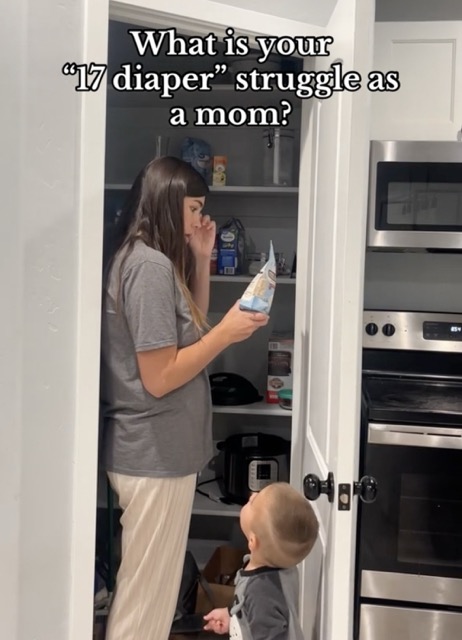
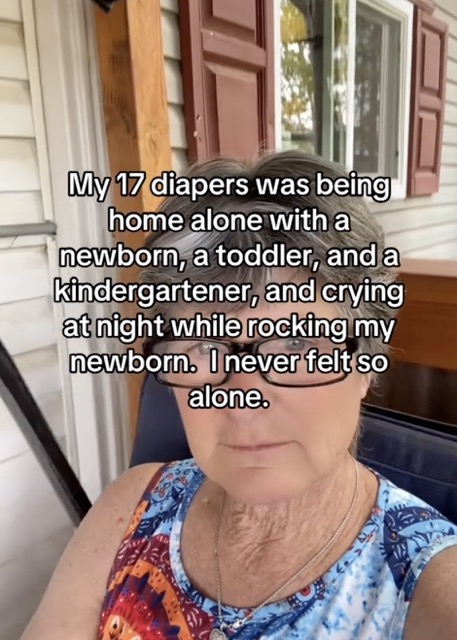
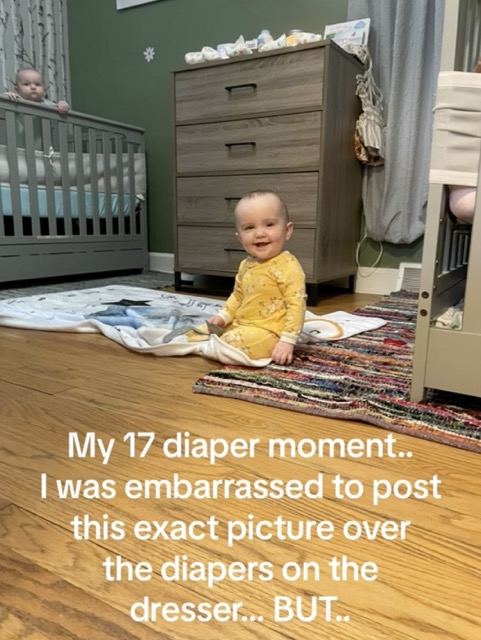
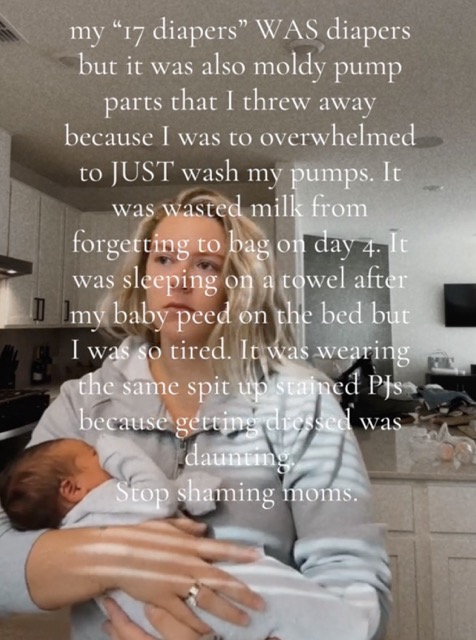
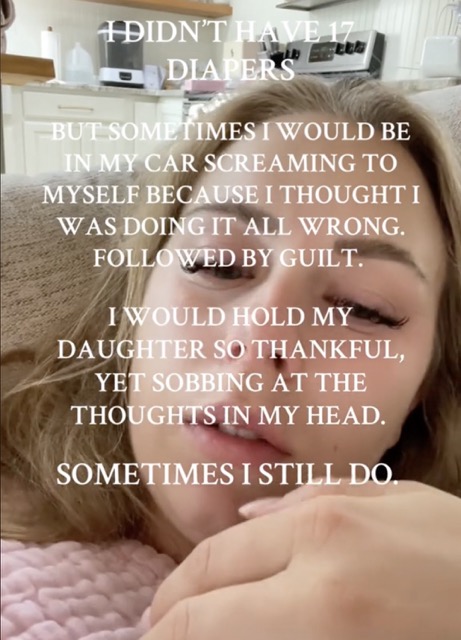
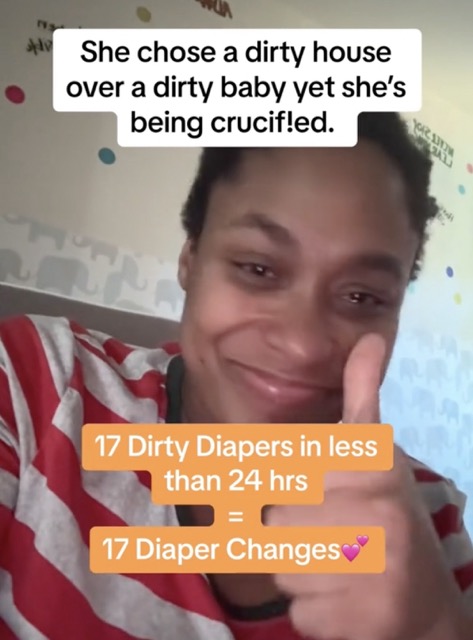
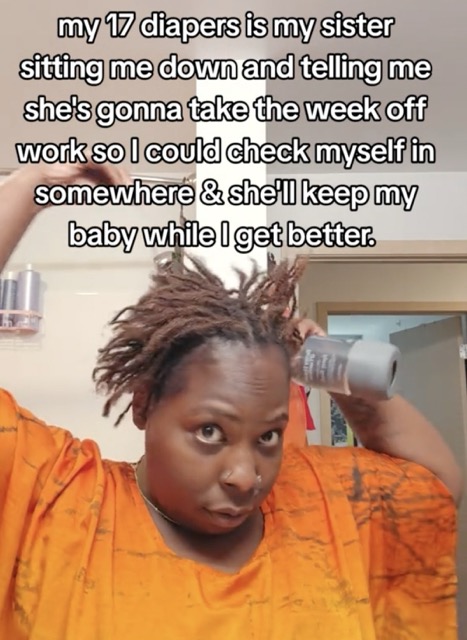
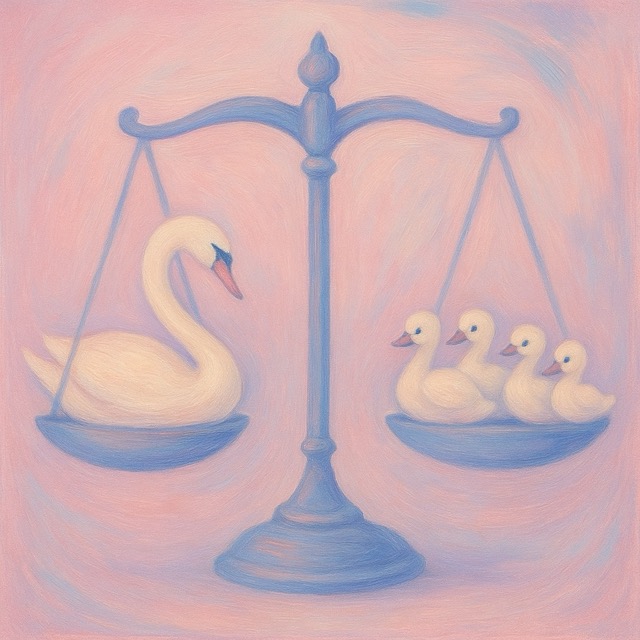

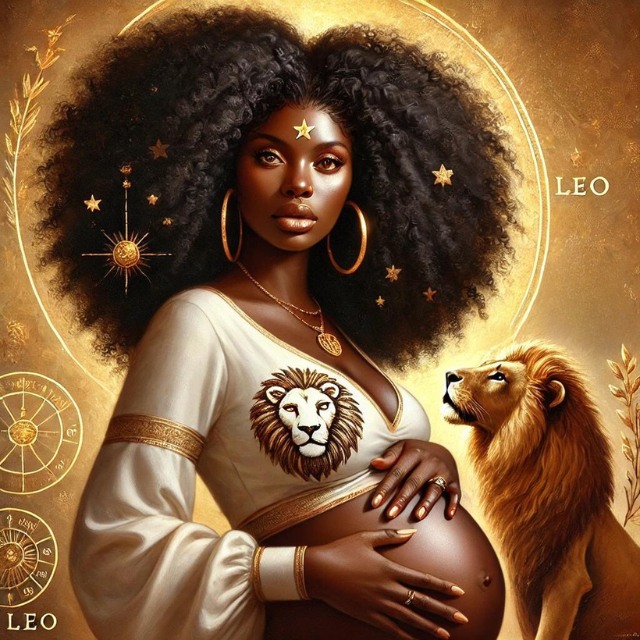
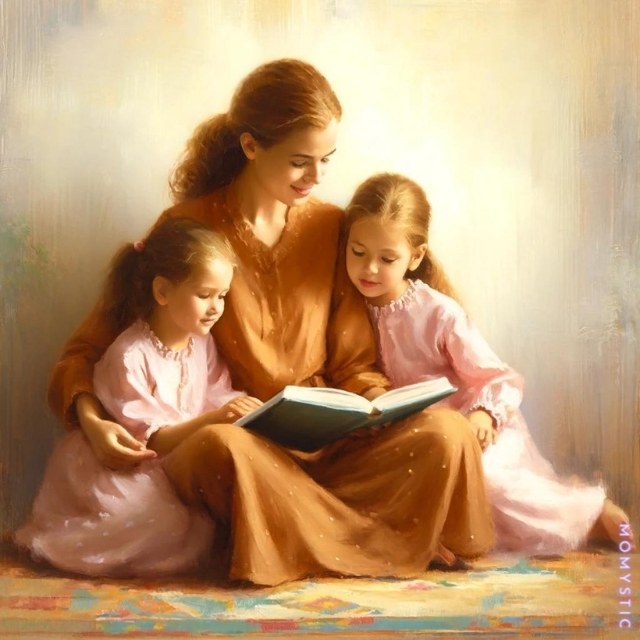

Responses